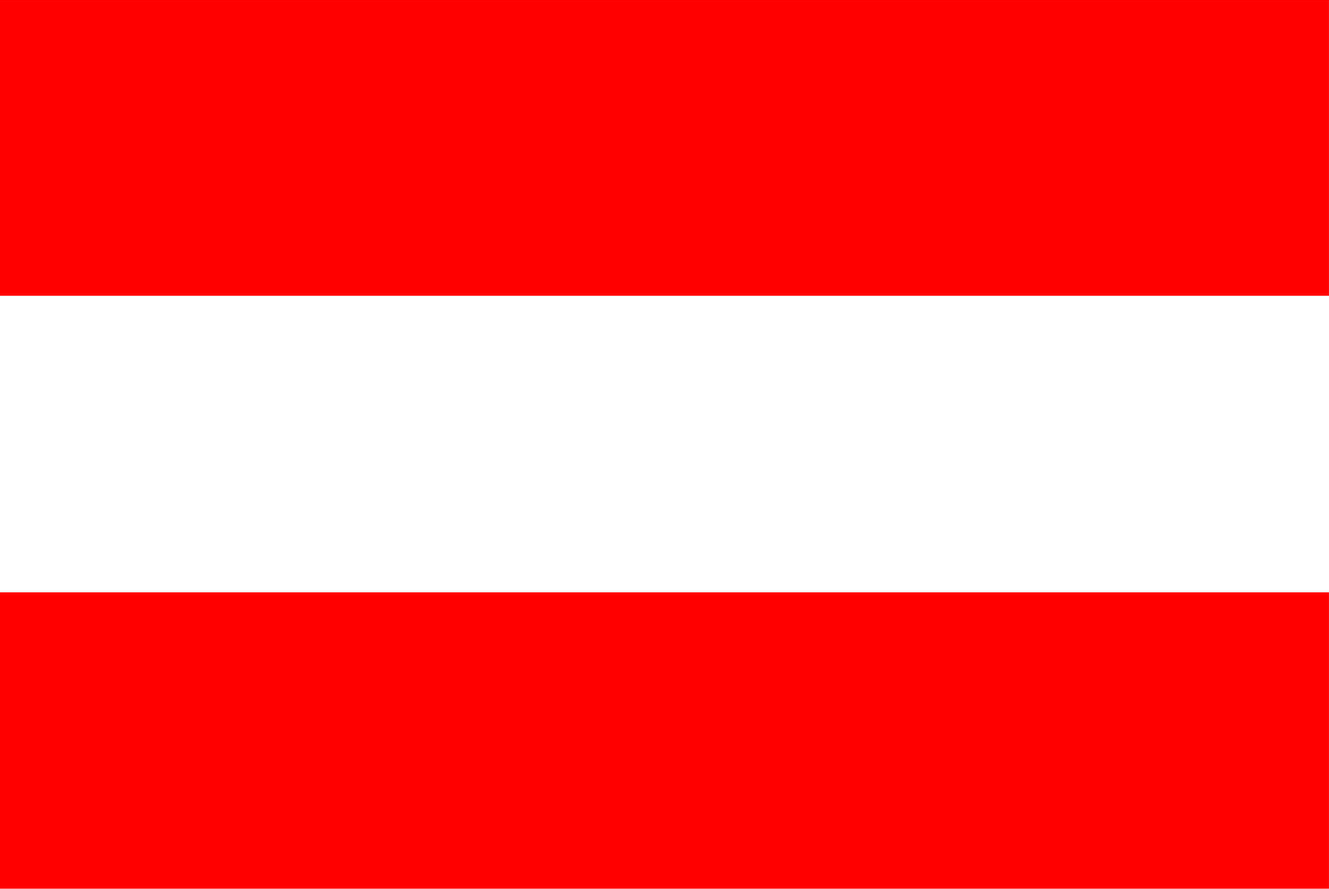
According to CEOWORLD Magazine, Austria is the 18th most expensive country to live in the world. It doesn’t mean that you have to be super-rich to live in Austria or It is too expensive and will make you go bankrupt.
If you are planning on relocating to Austria, you need to know the cost of living in the country. This way you understand the situation in the country better and how much it will cost you to complete your journey and feel right at home.
In this special guide, we’re going to tell you all you need to know about the cost of living in Oesterreich and give you an estimated account of how much you’ll spend on food, accommodation, transportation, education, healthcare, and other miscellaneous.
Cost of accommodation
So is Austria expensive to live in? Well, it depends on where you stay. The cost of living in the nation varies between cities & provinces but accommodation anywhere in Oesterreich can be expensive especially if you are purchasing the property.
Properties in this part of Europe are not as expensive as they seem. Properties in this part of Europe are 10% cheaper than properties in Germany and 30% cheaper than properties in France. The cost you want to pay for accommodation depends on where you are staying.
Vienna and Innsbruck rank as the two most expensive cities in Austria, while Graz and Klagenfurt are the cheapest or most affordable cities to live in.
Vienna is an excellent choice of residence in the country. It boasts of excellent public housing developments that have been standing since 1920. You can apply for public housing if you earn up to €485,400.
The cost of accommodation is more expensive in smaller towns and very affordable in diffused areas. You can get yourself a good-looking one-room apartment for just €860, or €1,200 for a three-bedroom apartment in the same area.
So is Austria expensive to live in? The cost of living in the nation varies between cities & provinces but accommodation anywhere in Oesterreich can be expensive especially if you are purchasing the property.
Transportation
Communications and public transportation in Austria are well-developed and also relatively easy to access. The roads networks and layouts are modern & well-maintained, giving you a comfortable and safe experience.
If you are more of a bike person than buses, you will surely enjoy your ride. Cyclists also have a separate layout and have the chance to see firsthand some of the most beautiful places in this part of Europe.
You can catch a bus or train from any city center for just €3 for every 5km. If you plan on taking public transport, remember to purchase your tickets before your journey because your ticket will be inspected before departure.
Cost of food & commodities
There are hundreds of supermarkets and grocery stores in Austria that sell foodstuffs and other household commodities for very reasonable prices. There are also restaurants all over the country where you can get a decent meal at a pocket-friendly rate.
Here are the prices of some food items in Austria.
- Milk – €1.10
- A loaf of bread – €1.80
- 1kg of chicken meat – €10.50
- 1kg of fresh apples – €2.20
- 1kg of fresh bananas – 1.70
- 1kg of potatoes – €1.30
- 1.5 liters of bottled water – €0.60
- 1.5 liters of wine – €7
- A bottle of beer (0.5l) – €1.10
- A pack of cigarettes 20- €5.50
- 1 lb of boneless chicken breast – €5.21
- 12 large eggs – €4.92
- 1 kg of tomatoes – €2.42
- 0.5kg of local cheese – €6
- 2 liters of coca-cola – €2.10
- Utilities [water, electricity, heating, cooling, garbage…] – €187
- Unlimited internet connection – €35
- A pair of jeans – €78
- A pair of Adidas shoes – €90
Education costs
The average student in Austria spends about €950 every month. This figure may be different in certain cases, especially if you are staying in a metro like Vienna.
Austria has a free public academic system that allows children of certain ages to enjoy tuition-free studies. There are also private secondary schools and international schools that cost up to €55,000 for day schools and €35,000 for boarding schools.
Public transportation, museums, cinemas, theatres, zoos, and other cultural centers usually give students discounts when their student card is inspected and confirmed.
Healthcare costs
Social security accounts for about 45% of all healthcare costs in Austria. Once you get employed, 18.12% of your salary goes into social security. Public health insurance covers almost all Austrian residents.
A drug prescription can cost around €6 but it is free if you have private health insurance. You get charged about €25 if you stay in the hospital. Most drugs, medications, and supplements in Oesterreich cost less than €10.
The high cost of living comes with a very fine standard of living. Every resident in Oesterreich is treated like royalty. This improves social morale and makes Austrian citizens and residents one of the most intellectual people in Europe.

